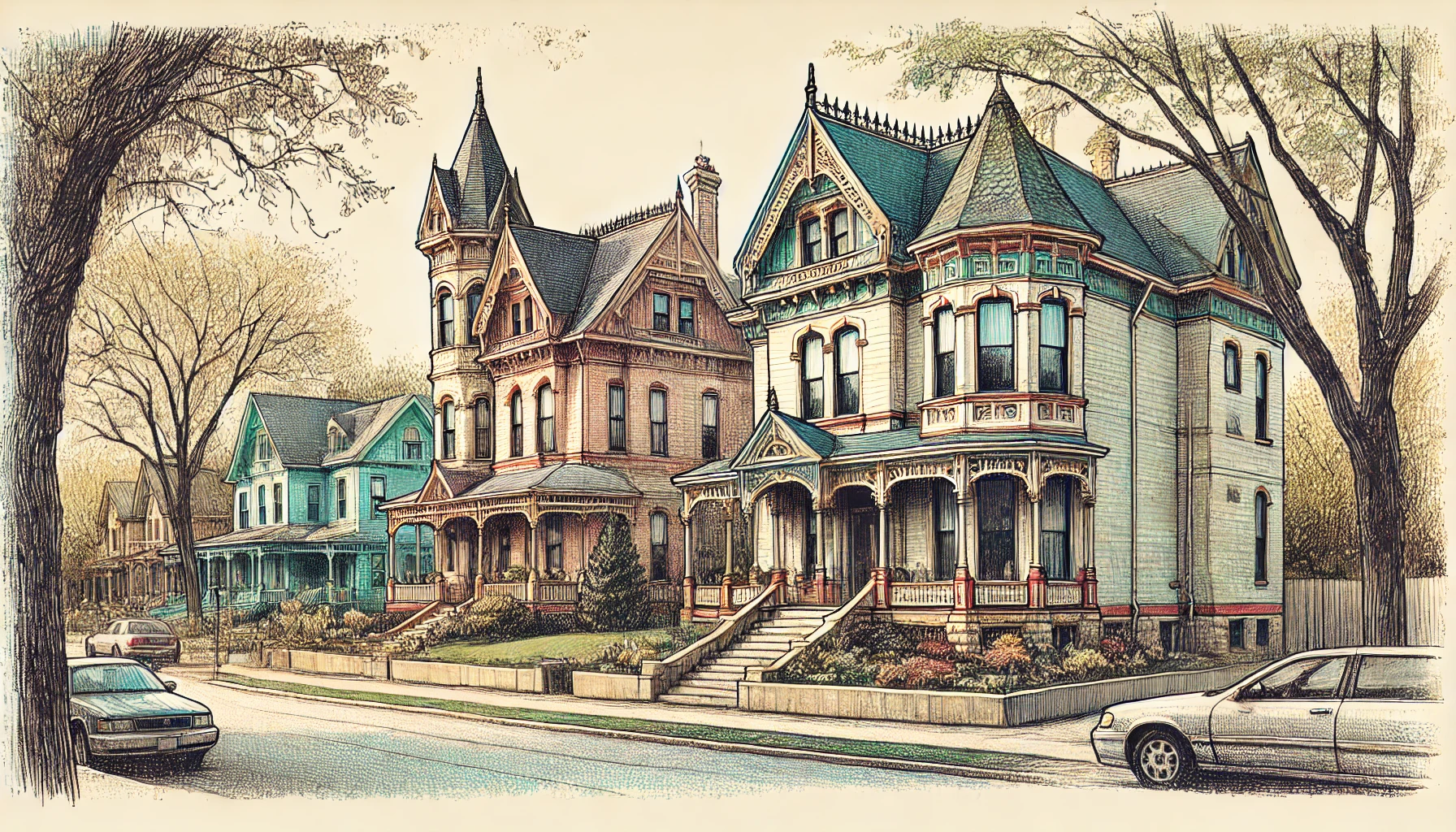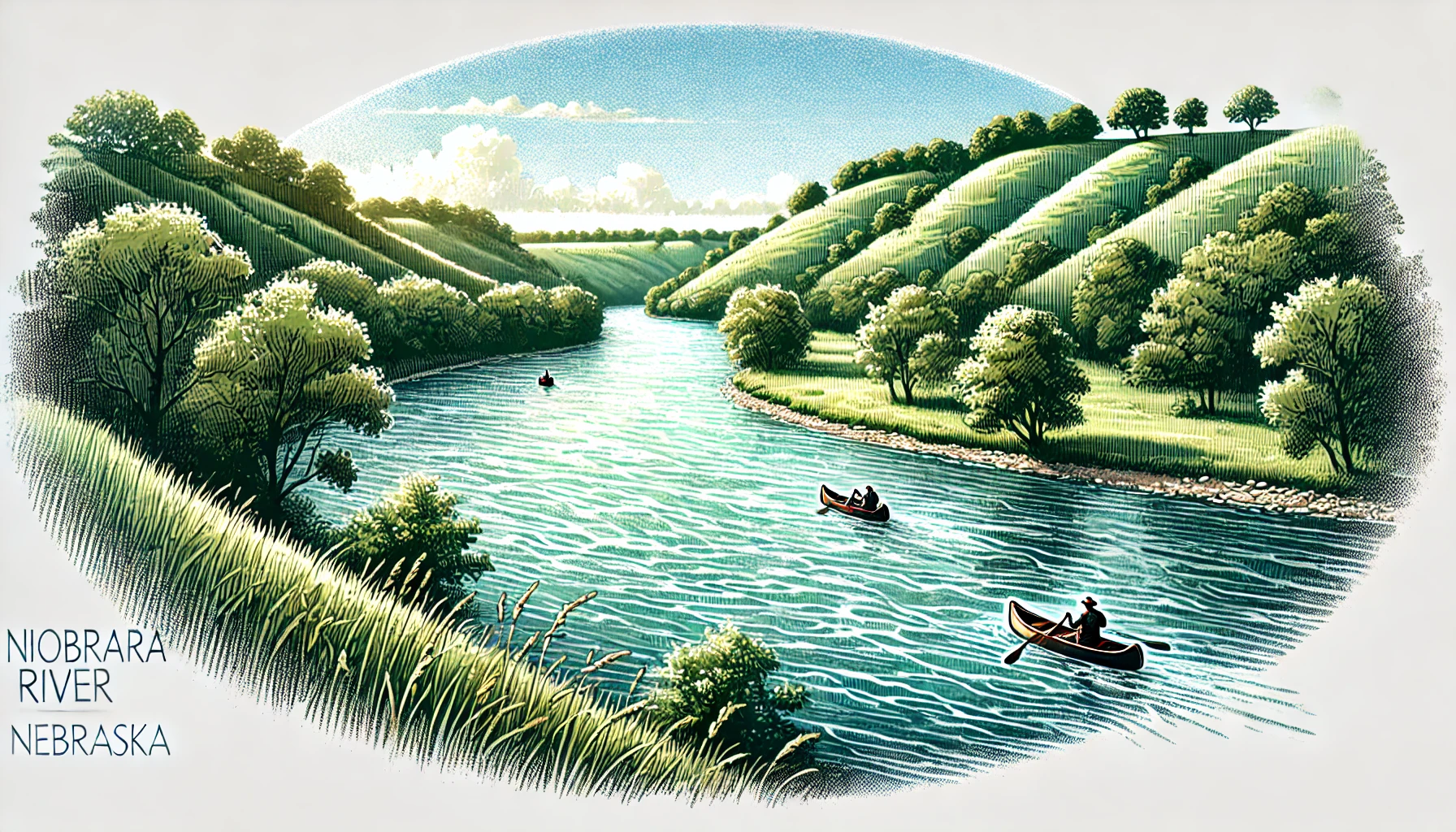Traveling Through Nebraska: A Deep Dive into the Great Plains Book Festival, Omaha

The Great Plains Book Festival, held annually in the city of Omaha, is a prominent event showcasing literature, culture, and history of the Great Plains region. Organized by the Great Plains Foundation, the festival aims to promote literary excellence, support regional authors, and foster a sense of community through words. Founded in the early 2000s, the festival has evolved to incorporate emerging trends in publishing, innovative formats, and collaboration with esteemed writers.
A key component of the festival is the reading sessions featuring acclaimed authors such as Kent Haruf, known for his evocative portrayals of the Great Plains, and Louise Erdrich, celebrated for her works that weave the region's rich cultural tapestry. Past festivals have also included the presence of prominent literary figures such as Natalie Diaz, a Pulitzer Prize winning poet known for her evocative and atmospheric poetry inspired by the landscapes of the Mojave Desert. These sessions offer a platform for thought-provoking discussions, exploring themes such as environmental degradation, loss of traditional ways of life, and the resilience of local communities.
In addition to author readings and panel discussions, the Great Plains Book Festival features a range of other events that highlight the region's history, music, and culture. Some notable programs have included performances by Native American musicians, cooking demonstrations focusing on local cuisine, and a panel discussion by representatives of conservation organizations addressing pressing environmental issues. The organizers strive to curate an inclusive program that caters to a diverse audience, from book lovers to curious travelers interested in understanding the rich cultural heritage of the Great Plains region.
A defining feature of the festival is the focus on providing a platform for emerging regional writers. Each year, the organizers initiate a call for submissions, welcoming unpublished manuscripts that explore distinct themes and landscapes characteristic of the Great Plains. A panel of esteemed authors and scholars selects the winner, conferring a publishing contract as part of the award. This commitment to nurturing homegrown literary talent fosters creativity, contributes to the preservation of regional history, and guarantees a stimulating and enriching experience for visitors and participants alike.
One notable initiative of the festival is its educational outreach program, designed for local schools and educational institutions. A carefully planned curriculum, aligning with current standards and literacy requirements, encourages students to immerse themselves in Great Plains literature. Furthermore, educators receive teaching guidelines and supplementary materials to facilitate integration of regional literature into their teaching methods. This collaborative effort extends the festival's mission beyond a weekend event, to shape the perspectives and values of the younger generation.
Omaha's Joslyn Art Museum in Midtown Omaha serves as a prime venue for the festival. With its versatile exhibition spaces, courtyard, and beautifully maintained gardens, the Joslyn Art Museum offers an elegant setting that mirrors the festival's blend of culture, art, and literature. Located at 2200 Dodge Street in downtown Omaha, Nebraska, it is within walking distance of additional attractions such as the Children's Adventure Trails of Lauritzen Gardens. The venue is also readily accessible by car and parking spaces are available nearby.
An enduring theme of the Great Plains Book Festival is cross-cultural understanding and bridge-building. Building alliances with nearby institutions such as the Omaha Public Library, University of Nebraska Press, and the Nebraska State Historical Society to create mutually enriching literary and educational experiences. Interweaving diverse cultural voices, both contemporary and historical, reinforces the vision of preserving a vibrant cultural landscape through inclusive, participatory experiences.
The dedication to documenting regional history is essential to the vision of the festival. Local archivists, historians, and curators offer advice on utilizing regional sources, researching regional events and on preserving family narratives. Thus, attendees in pursuit of more in-depth research and insights on Nebraska history, may find ample assistance at the festival.
A key component of the festival is the reading sessions featuring acclaimed authors such as Kent Haruf, known for his evocative portrayals of the Great Plains, and Louise Erdrich, celebrated for her works that weave the region's rich cultural tapestry. Past festivals have also included the presence of prominent literary figures such as Natalie Diaz, a Pulitzer Prize winning poet known for her evocative and atmospheric poetry inspired by the landscapes of the Mojave Desert. These sessions offer a platform for thought-provoking discussions, exploring themes such as environmental degradation, loss of traditional ways of life, and the resilience of local communities.
In addition to author readings and panel discussions, the Great Plains Book Festival features a range of other events that highlight the region's history, music, and culture. Some notable programs have included performances by Native American musicians, cooking demonstrations focusing on local cuisine, and a panel discussion by representatives of conservation organizations addressing pressing environmental issues. The organizers strive to curate an inclusive program that caters to a diverse audience, from book lovers to curious travelers interested in understanding the rich cultural heritage of the Great Plains region.
A defining feature of the festival is the focus on providing a platform for emerging regional writers. Each year, the organizers initiate a call for submissions, welcoming unpublished manuscripts that explore distinct themes and landscapes characteristic of the Great Plains. A panel of esteemed authors and scholars selects the winner, conferring a publishing contract as part of the award. This commitment to nurturing homegrown literary talent fosters creativity, contributes to the preservation of regional history, and guarantees a stimulating and enriching experience for visitors and participants alike.
One notable initiative of the festival is its educational outreach program, designed for local schools and educational institutions. A carefully planned curriculum, aligning with current standards and literacy requirements, encourages students to immerse themselves in Great Plains literature. Furthermore, educators receive teaching guidelines and supplementary materials to facilitate integration of regional literature into their teaching methods. This collaborative effort extends the festival's mission beyond a weekend event, to shape the perspectives and values of the younger generation.
Omaha's Joslyn Art Museum in Midtown Omaha serves as a prime venue for the festival. With its versatile exhibition spaces, courtyard, and beautifully maintained gardens, the Joslyn Art Museum offers an elegant setting that mirrors the festival's blend of culture, art, and literature. Located at 2200 Dodge Street in downtown Omaha, Nebraska, it is within walking distance of additional attractions such as the Children's Adventure Trails of Lauritzen Gardens. The venue is also readily accessible by car and parking spaces are available nearby.
An enduring theme of the Great Plains Book Festival is cross-cultural understanding and bridge-building. Building alliances with nearby institutions such as the Omaha Public Library, University of Nebraska Press, and the Nebraska State Historical Society to create mutually enriching literary and educational experiences. Interweaving diverse cultural voices, both contemporary and historical, reinforces the vision of preserving a vibrant cultural landscape through inclusive, participatory experiences.
The dedication to documenting regional history is essential to the vision of the festival. Local archivists, historians, and curators offer advice on utilizing regional sources, researching regional events and on preserving family narratives. Thus, attendees in pursuit of more in-depth research and insights on Nebraska history, may find ample assistance at the festival.
